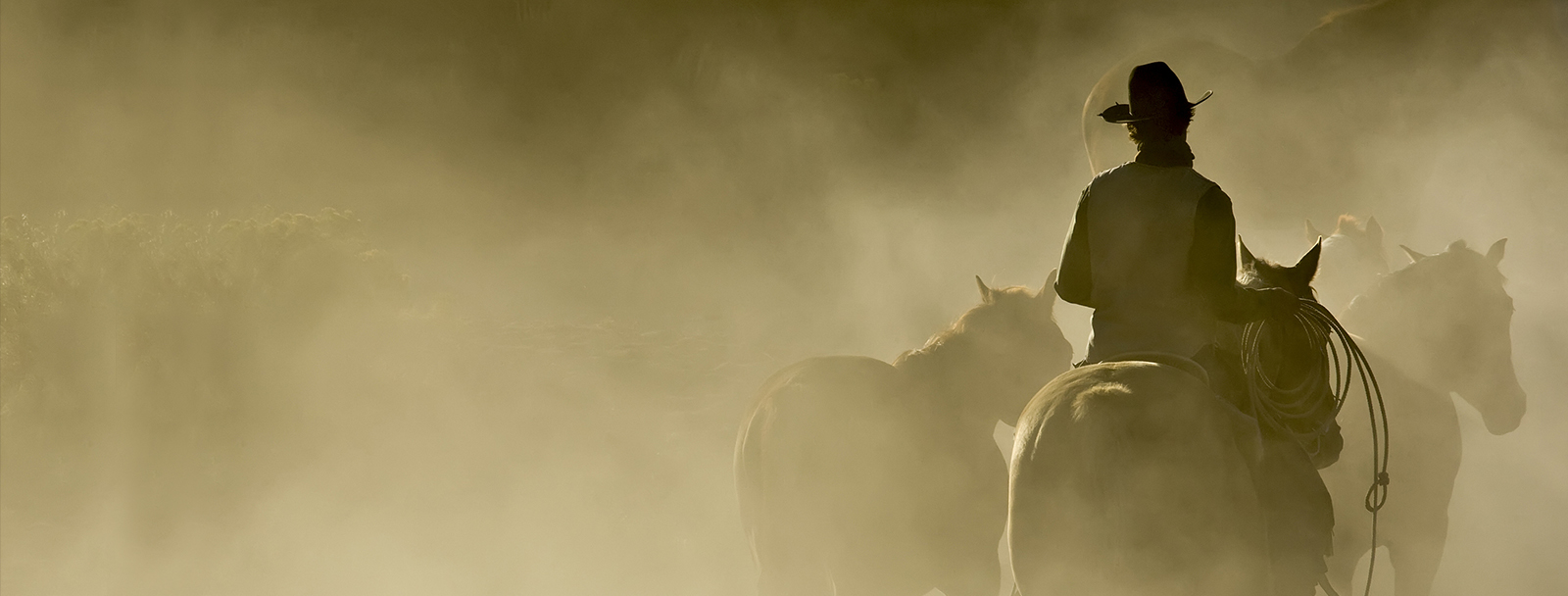My critique partner, Amelia Grimstad, writing at Keep Walking, tagged me in this Writing Process blog hop. Amelia’s determination to answer the call to write, no matter what, inspires me to keep going.
What am I working on?
At present, I am transitioning between projects. I’ve finished the second book in a speculative series. While that one is simmering on the back burner, I’m revising a contemporary novel about how a husband and his father deal with grief and loss after the wife disappears. When this draft is completed, it will go off to an editor for a final run through.
loss after the wife disappears. When this draft is completed, it will go off to an editor for a final run through.
How does my work differ from others in its genre?
I write from a Christian worldview. My heroes may not pray, go to church, or evangelize. In fact, the hero in my speculative hates God. In my published novel, Journey to Riverbend, my hero struggles with forgiving himself and a definite unChristlike self-image. But both heroes live by Christ-like principles.
My writing focuses on life’s journey. All my stories involve some aspect of physical travel during which the hero also travels spiritually and emotionally closer to God, to romance, and to all they can be. They may not make it all the way, but through overcoming the struggles in their story, they move closer.
Why do I write what I do?
Simple answer: because I have to. I cannot not write. I believe the story ideas running through my head and out my fingers onto the keyboard are inspired by God. He shows me things and plants seeds.
Orson Scott Card once said: “Everybody walks past a thousand story ideas every day. The good writers are the ones who see five or six of them. Most people don’t see any.” I want to be one of those who sees the five or six and writes stories that encourage people.
How does my writing process work?
My writing process most often starts with a character in a situation. Questions then arise: How did they get in that situation? What needs to happen to move them out of it? What do they want? How can I make it worse for them? How can I make the ending unexpected but satisfying to the reader?
 Journey to Riverbend began as the image of a man (who turned out to be the hero) looking down a small town. And I asked: Why is he there? And a novel grew from those four words.
Journey to Riverbend began as the image of a man (who turned out to be the hero) looking down a small town. And I asked: Why is he there? And a novel grew from those four words.
Other times, the process will start with a “What if…?” question. The contemporary novel began with the question, “What if a wife chose to disappear?”
I am blessed to be able to write full time. My physical process is to dedicate every morning to my writing. Meeting with my awesome critique partners every week encourages me to keep writing and to stay focused on telling my stories.
I’m tagging my very good writing friend, Rachelle Harp. Rachelle writes awarding winning YA novels and stories.

No comments yet.